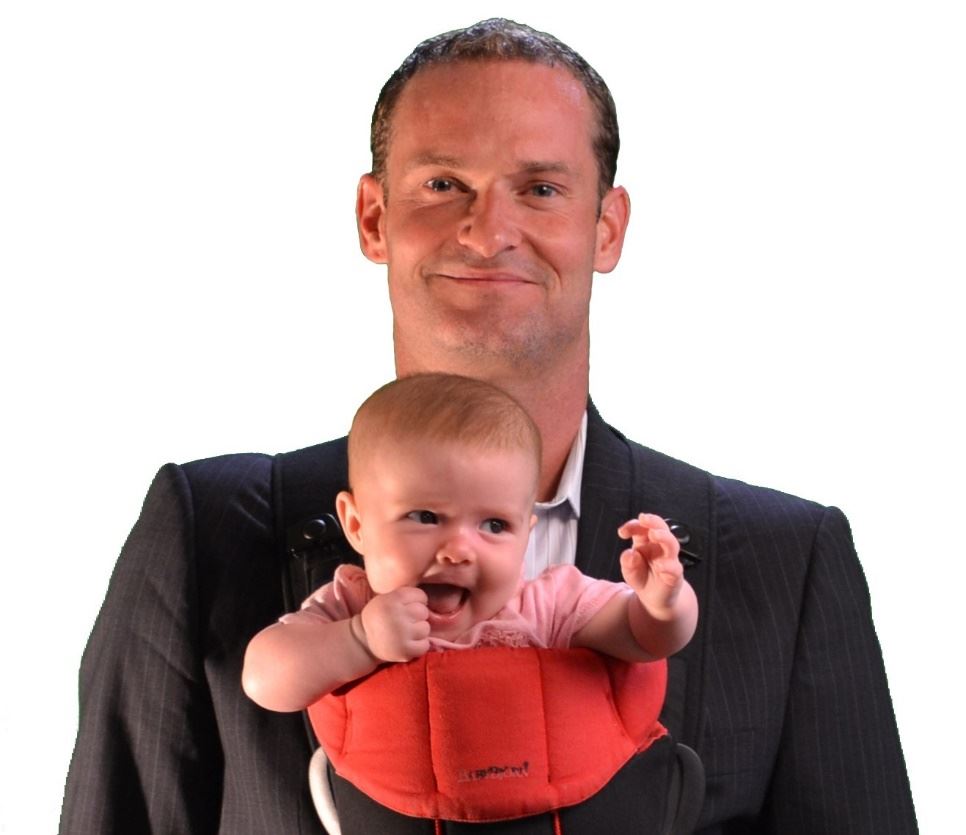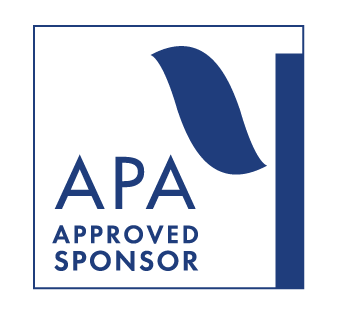Systemic Racism's Bitter Pill:
A closer look at Health Disparities
INDIVIDUAL COURSE ONLY
(Note: if you want to get 20% off sign up for the full conference go back to events and look for full conference registration.)
¡Que Padre! An Intersectional, Strengths-Based Lens on
Research and Practice with New Latino Fathers
Presented by
Daniel Singley, Ph.D. ABPP & Jonathan Marquez, Ph.D.
October 23, 2020
8:30 am - 10:00 am
Via Zoom
REGISTRATION CLOSES 10/21/20
Quality father involvement during early childhood is associated with positive social (e.g., prosocial skills; Lindsey, Cremeens, & Caldera, 2010), emotional (e.g., self-regulation, externalizing behaviors; Paquette & Dumont, 2013; Ramchandani et al., 2013), and cognitive (e.g., executive function; Bronte-Tinkew, Carrano, Horowitz, & Kinukawa, 2008; Meuwissen & Englund, 2016) outcomes for children. Variations in father involvement due to child, familial, societal, and cultural factors indicate the need for further attention given to diverse groups of fathers (Cabrera, Hofferth, & Chae, 2011). Father involvement is known to vary by child, familial, societal, and cultural factors, emphasizing the need for further research with specific populations of fathers, including Latino fathers. Addressing this need, we examined the psychometric properties of a multidimensional measurement of father involvement with infants, the Paternal Involvement with Infants Scale (PIWIS), with Latino fathers of infants. We will review findings from our program of research regarding paternal mental health and involvement with infants and partners through the lens of feminist intersectionality. We will also review our research findings regarding the use of hope theory and assessment with Latino fathers as a means to enhance participants’ awareness of the nuanced issues and strengths during the transition to fatherhood.
Learning Objectives
1. Describe common myths and research findings regarding Latino fathers’ involvement with their young children
2. Apply an intersectional framework to clinical work and research with Latino fathers
3. List several approaches to taking a strengths-based approach to psychotherapy with Latino fathers.
Course Level: Intermediate
Target Audience: Psychologists (Researchers and Practitioners), Grad Students, and Allied Professionals
Conflict of interest or commercial support:
There is no commercial support related to this program and she is not getting paid by your company for this course. There is no conflict of interest related to this program.
SPEAKERS

Daniel Singley, Ph.D. ABPP
Dr. Singley is a San Diego-based board certified psychologist and Director of The Center for Men’s Excellence. His research and practice focus on men’s mental health with a particular emphasis on reproductive psychology and the transition to fatherhood. Dr. Singley won the American Psychological Association’s 2017 Practitioner of the Year Award from the Division on Men & Masculinities. He is Past President of the APA’s Section on Positive Psychology and currently serves on the Board of the APA’s Society for the Psychological Study of Men and Masculinities as well as Postpartum Support International. He conducts trainings and presentations around the country to assist individuals and organizations to enhance their level of father inclusiveness and founded the grant-funded Basic Training for New Dads, Inc nonprofit and Padre Cadre social networking application just for dads in order to give new fathers the tools they need to be highly engaged with their infants as well as their partners.

Jonathan Marquez, Ph.D.
Dr. Marquez is a San Diego-based licensed psychologist (PSY31865) and staff psychologist at The Center for Men’s Excellence. His research focuses on health psychology, which aims to strengthen the mind-body connection with a holistic, yet individualized approach. His practice concentrates on men’s health psychology, fathers’ perinatal difficulties, and experiences in early fatherhood. Dr. Marquez primarily works with adults using evidence-based treatment methods, such as Cognitive Behavior Therapy (CBT), Dialectical Behavior Therapy (DBT), and Acceptance and Commitment Therapy (ACT). Dr. Marquez lives in San Diego with his wife and two small children. He enjoys sports, traveling, and spending time with his family.
EARLY BIRD REGISTRATION ENDS SEPTEMBER 30, 2020
Individual course if you want to get 20% discount sign up for the FULL conference on another link.
|
Registration Fees
Per course
|
Early-Bird
9/30/20 |
REGULAR |
| Member |
$15 |
$25 |
| Member Student |
FREE |
$14 |
Non-Member
|
$25 |
$35 |
Non-Member Student
|
$12 |
$17 |
Conflicts of Interest: As an APA-approved sponsor of continuing education, San Diego Psychological Association is committed to the identification and resolution of potential conflicts of interest in the planning, promotion, delivery, and evaluation of continuing education. Please review the conflict of interest guideline below.
APA Guidelines Regarding Potential Conflicts of Interest
Consistent with concepts outlined in the APA Ethical Principles of Psychologists and Code of Conduct, potential conflicts of interest occur when an individual assumes a professional role in the planning, promotion, delivery, or evaluation of continuing education where personal, professional, legal, financial, or other interests could reasonably be expected to impair his or her objectivity, competence, or effectiveness.
CE Grievance Procedure
SDPA is fully committed to conducting all activities in strict conformance with the APAs Ethical Principles of Psychologists. SDPA will comply with all legal and ethical responsibilities to be non-discriminatory in promotional activities, program content and in the treatment of program participants.
See CE Grievance Procedure.
Attendance Policy: CE Credit and Certificates will not be issued to those who arrive later than 10 minutes or leave early from any course scheduled time. This policy is strictly enforced to ensure compliance with APA Guidelines.
Cancellation Policy: No refund will be given to any registered individual who is a no-show to a course. Any individual canceling within 72 hours of a course will be refunded 50% of the course fee.
ADA Compliant venue for accessibility accommodations contact Tami Magaro - sdpa@sdpsych.org.
 American Psychological Association
American Psychological Association
The San Diego Psychological Association (SDPA) is approved by the American Psychological Association (APA) to sponsor continuing education for psychologists. SDPA maintains responsibility for this program and its content.
LCSW, LFMT, LEP & LPCC
In California, APA approved CE’s are valid for licensed psychologists, licensed school psychologists, LCSW, LMFT, LEP & LPCC licensees. Though APA is a national organization, the out of state licensee should check with their state governing board to make sure that APA approved CE'’s are valid in their state for their license.
See SDPA Website Continuing Education Policies.
SPECIAL THANKS TO OUR EXHIBITOR
